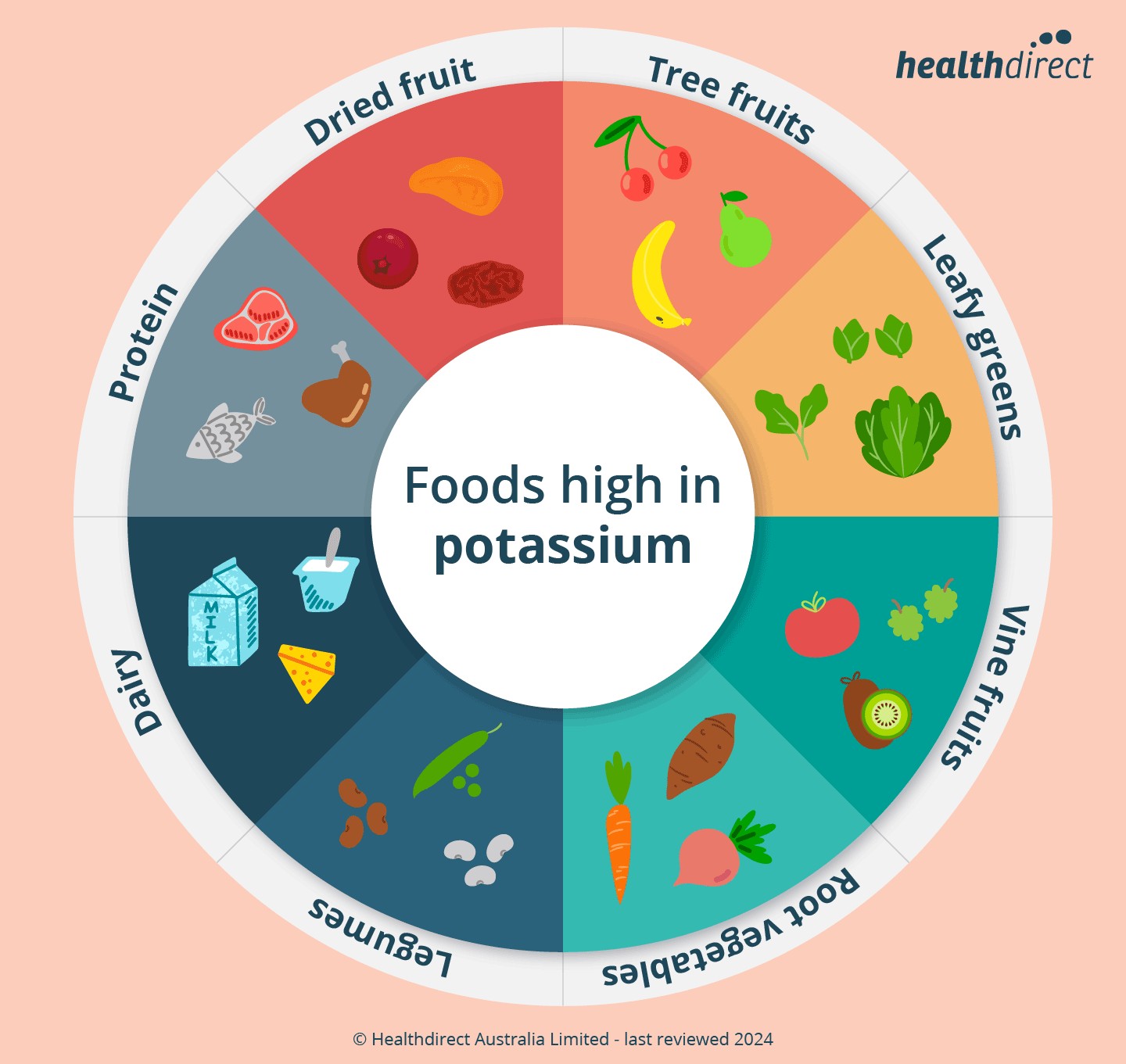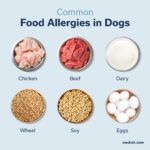Potassium is an essential mineral for maintaining overall health. It plays a crucial role in nerve function, muscle contraction, and maintaining a healthy heart. Understanding Which Food High Potassium can help you ensure you’re meeting your daily requirements.
The Importance of Potassium
Potassium is a vital electrolyte that helps regulate fluid balance, nerve signals, and muscle contractions. It also helps to maintain healthy blood pressure. A diet rich in potassium can help counteract the negative effects of sodium, reducing the risk of hypertension and cardiovascular diseases.
Dietary Sources of Potassium
Many common foods are excellent sources of potassium. Incorporating a variety of these foods into your diet can help you achieve optimal potassium levels.
Fruits
Several fruits are naturally high in potassium:
- Bananas: Perhaps the most well-known source, bananas are a convenient and readily available option.
- Avocados: These creamy fruits are packed with nutrients, including a significant amount of potassium.
- Apricots and Dried Fruits: Dried apricots, prunes, and raisins offer a concentrated source of potassium.
- Oranges: Both the fruit and orange juice are good sources of this essential mineral.
 A vibrant display of potassium-rich fruits including bananas, avocados, oranges, and dried apricots, emphasizing their role in a healthy diet.
A vibrant display of potassium-rich fruits including bananas, avocados, oranges, and dried apricots, emphasizing their role in a healthy diet.
Vegetables
A variety of vegetables can contribute to your potassium intake:
- Sweet Potatoes: These are an excellent source, offering more potassium than regular potatoes.
- Potatoes (with skin): The skin contains a significant portion of the potato’s potassium content.
- Spinach: This leafy green is packed with vitamins and minerals, including potassium.
- Beet Greens: Often overlooked, beet greens are a nutritional powerhouse and a great source of potassium.
- Tomatoes: Whether fresh, canned, or as tomato sauce, tomatoes contribute to your daily potassium needs.
Legumes
Legumes are a versatile and nutritious addition to any diet:
- Beans: Kidney beans, white beans, and lima beans are all high in potassium.
- Lentils: These are a great source of protein and potassium.
- Peas: Green peas and split peas can help boost your potassium intake.
Dairy and Protein
Some dairy and protein sources also contain potassium:
- Milk: Both cow’s milk and some plant-based milks (check the label) can be good sources.
- Yogurt: Plain yogurt is a healthy and potassium-rich option.
- Fish: Certain types of fish, like salmon, tuna, and halibut, contain notable amounts of potassium.
- Chicken and Meat: These provide potassium, though in lesser amounts compared to fruits and vegetables.
How Much Potassium Do You Need?
The recommended daily intake of potassium varies based on age, sex, and overall health. Adults generally need around 3,500 to 4,700 mg of potassium per day. However, it’s essential to consult with a healthcare professional for personalized advice, especially if you have underlying health conditions.
Potassium Deficiency (Hypokalemia)
Potassium deficiency, or hypokalemia, can result from various factors, including poor diet, excessive sweating, diarrhea, vomiting, or the use of certain medications, such as diuretics. Symptoms of hypokalemia can include muscle weakness, fatigue, heart palpitations, and constipation.
Risks of Excessive Potassium Intake (Hyperkalemia)
While potassium is essential, consuming too much can lead to hyperkalemia, a condition where potassium levels in the blood are too high. This is more common in individuals with kidney problems, as the kidneys play a crucial role in regulating potassium levels. Symptoms of hyperkalemia can include muscle weakness, irregular heartbeat, and nausea.
Consulting Your Doctor
If you’re concerned about your potassium levels, it’s important to consult with your doctor. They can assess your individual needs, conduct blood tests to check your potassium levels, and provide personalized recommendations. If you take diuretics, your doctor may recommend regular monitoring of your potassium levels.
Conclusion
Incorporating a variety of which food high potassium into your diet is essential for maintaining optimal health. From fruits and vegetables to legumes and dairy, there are numerous options to choose from. However, it’s crucial to maintain a balance and consult with a healthcare professional if you have any concerns about your potassium levels. By making informed dietary choices, you can support your overall well-being and ensure your body functions at its best.

